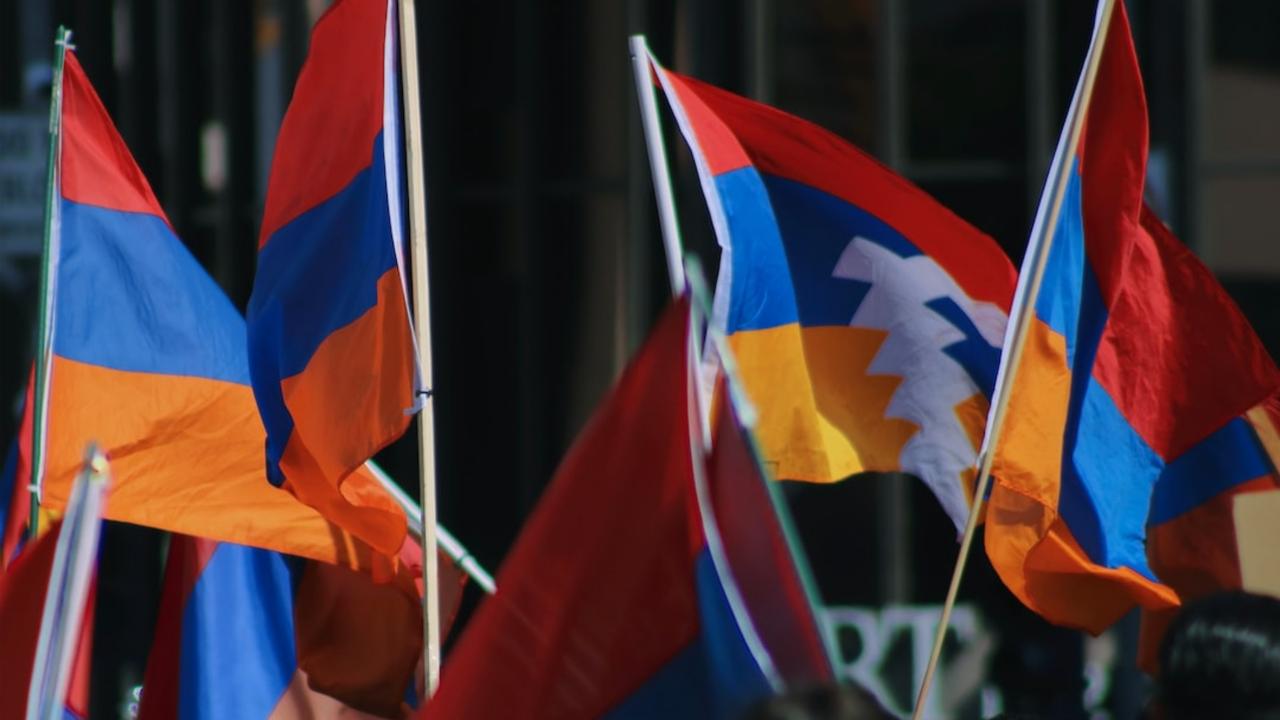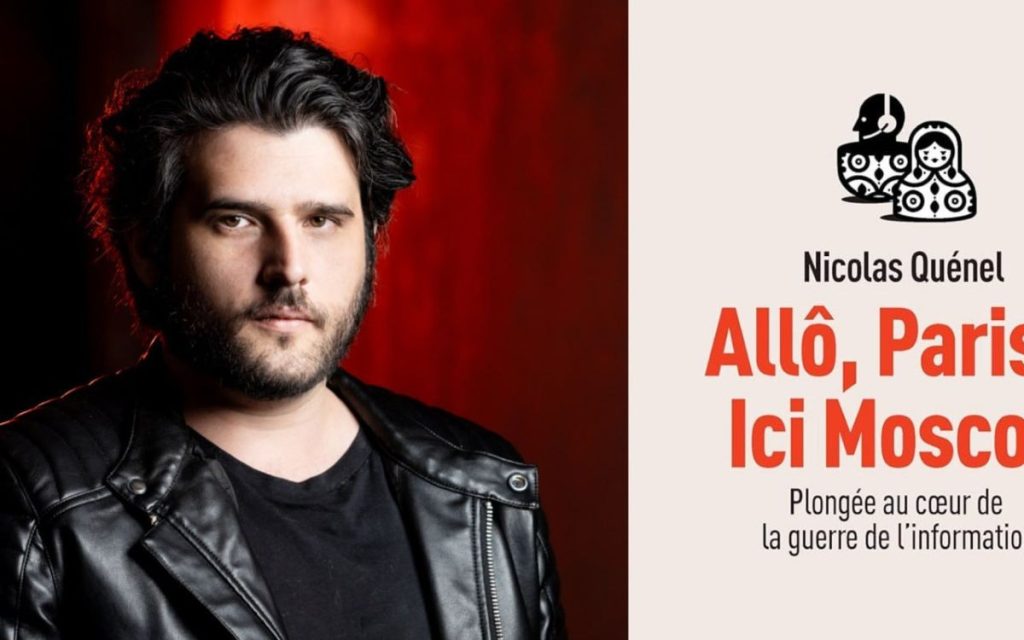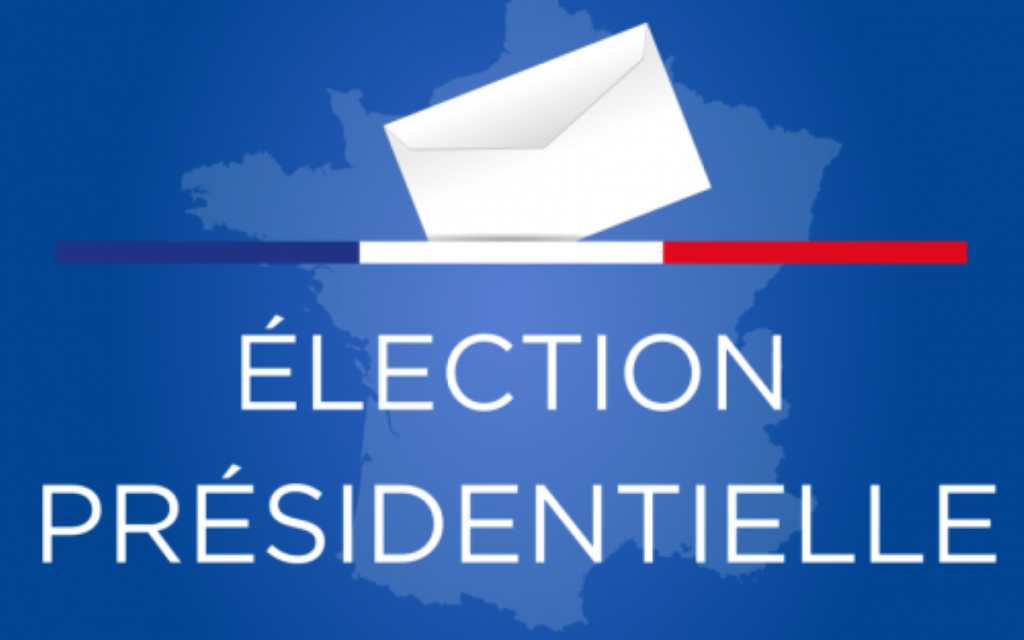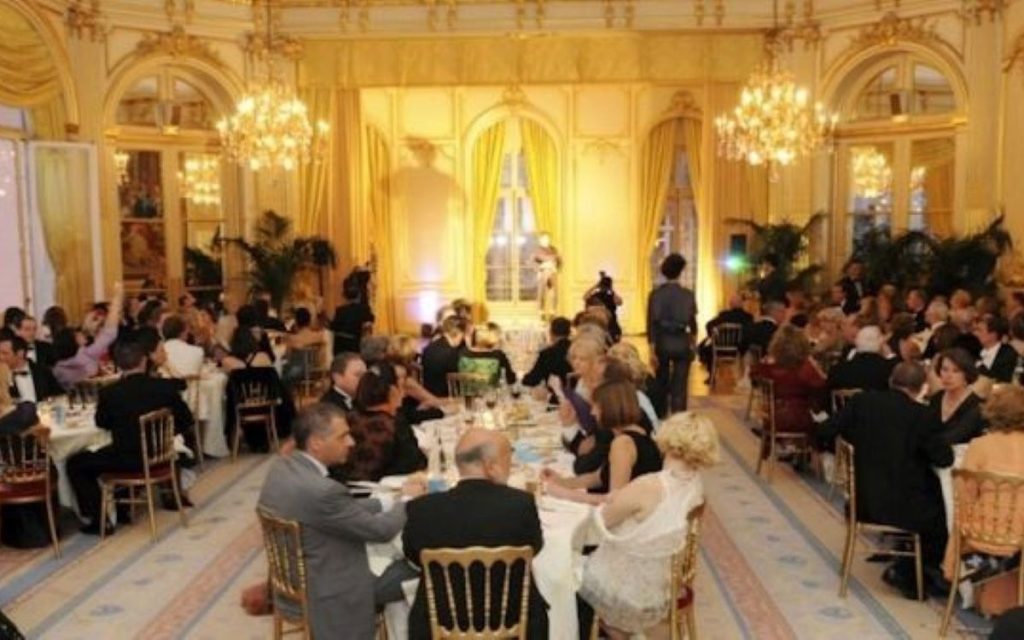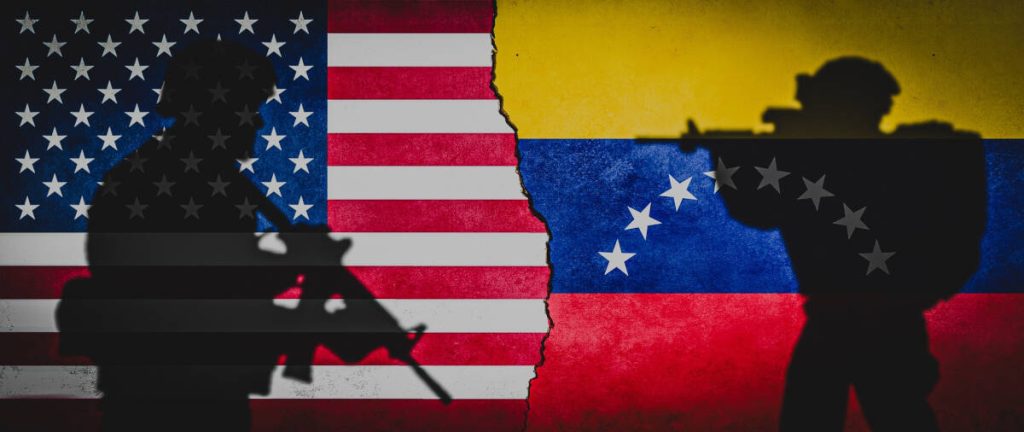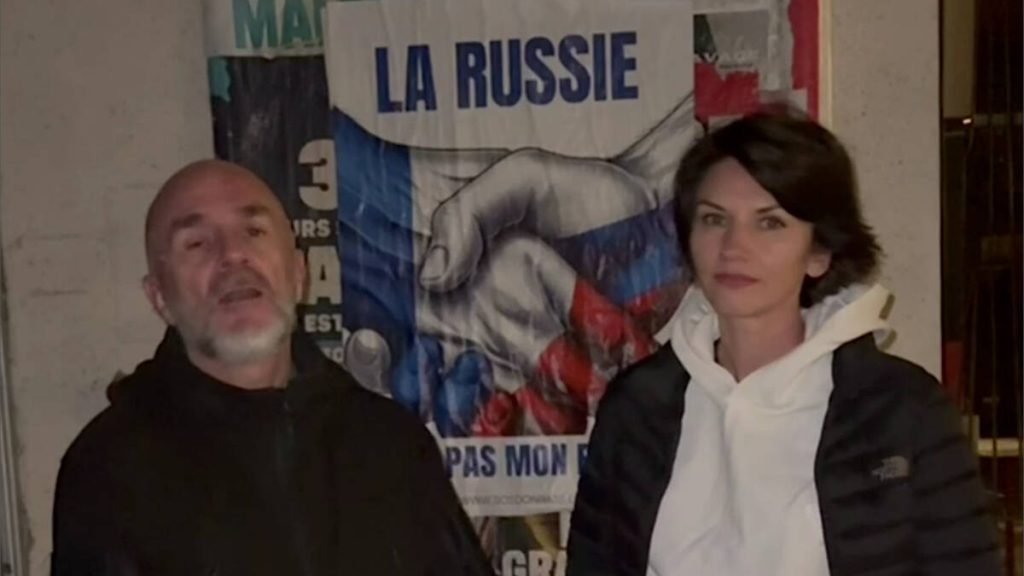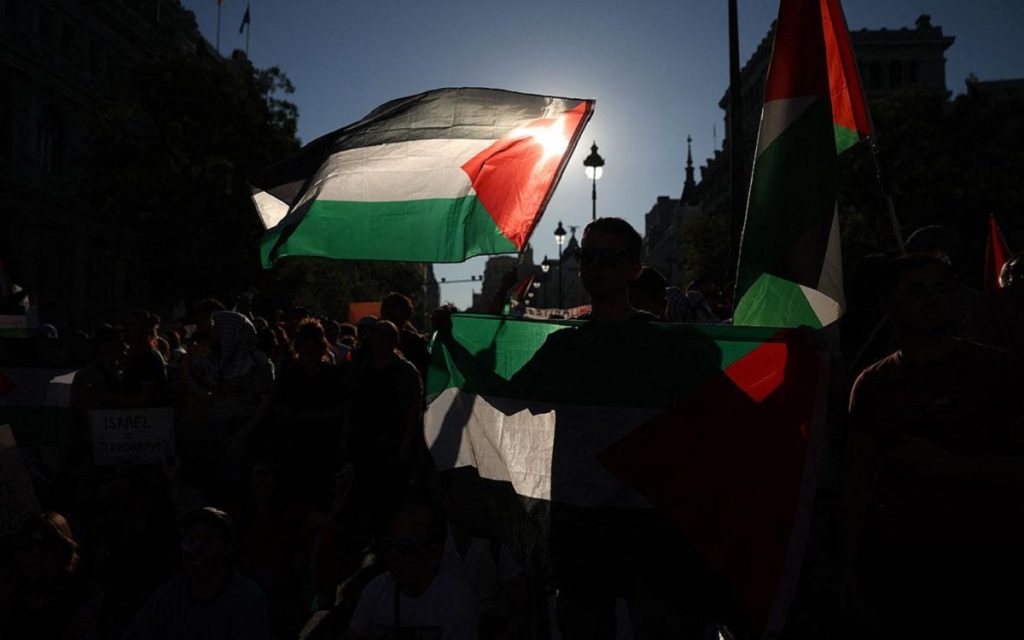As France, through President Emmanuel Macron, intensifies its gestures of support for Armenia amid a volatile regional context, this strategy is drawing growing criticism. Far from achieving consensus, France’s stance satisfies neither Azerbaijan—which denounces it as partisan interference—nor a segment of Armenians themselves, furious over their own government’s concessions on Nagorno-Karabakh. Macron thus appears trapped in an impossible diplomatic equation.
An Unapologetically Pro-Armenian Position
Since Azerbaijan’s lightning offensive in September 2023, which led to the recapture of Nagorno-Karabakh, Macron has shown unequivocal support for Armenia. In June 2025, he reaffirmed to Prime Minister Nikol Pashinyan his commitment to “Armenian democracy in the face of destabilization attempts” and praised Yerevan’s efforts to reach a peace deal with Baku.
France has also deepened military cooperation with Armenia, delivering radars, anti-air defense systems, and CAESAR howitzers in response to persistent Azerbaijani threats. Paris aims to play a leading role in regional security—but this posture has drawn accusations of abandoning its mediator role.
Azerbaijan’s Accusations of Bias
Baku condemns France for having completely abandoned neutrality. Azerbaijani authorities accuse Paris of pursuing a “neocolonial policy” to expand French influence in the Caucasus at the expense of balanced peace. France’s stance is particularly poorly received as other international players (the U.S., Germany, EU) strive to maintain a more nuanced balance in their relations with both countries.
In turn, French diplomacy has been sidelined in regional discussions, especially since the de facto suspension of the Minsk Group, historically co-chaired by France, the U.S., and Russia. Macron now appears more as Pashinyan’s political backer than an impartial peacemaker.
Armenia’s Internal Divide
Ironically, while Macron positions himself as a defender of Armenia’s government, that very government faces mounting domestic dissent. Pashinyan is branded a traitor by many for recognizing Azerbaijan’s sovereignty over Nagorno-Karabakh in May 2023.
Former residents of the region—now refugees—along with Artsakh advocates accuse him of surrendering their identity and security. Protests in Yerevan and Stepanakert, along with arrests of opposition figures and clergy, have fueled criticism of authoritarian drift.
By backing such a deeply divided government, France risks appearing disconnected from local realities—or even complicit in Nagorno-Karabakh’s erasure, despite having long defended it internationally.
A Trapped Diplomacy
In short, France’s policy—intended to stabilize the region and uphold democratic values—has hit a dead end: To Azerbaijan, Macron is seen as a belligerent, biased actor; To many Armenians, his support for Pashinyan ties him to a policy perceived as national surrender.
This dual criticism leaves French diplomacy increasingly isolated, even as it claims a central role in resolving Caucasus conflicts.
By trying to champion both Armenian democracy and regional peace, Macron finds himself in a vise: rejected by Baku, misunderstood by many Armenians, and marginalized in substantive negotiations.

